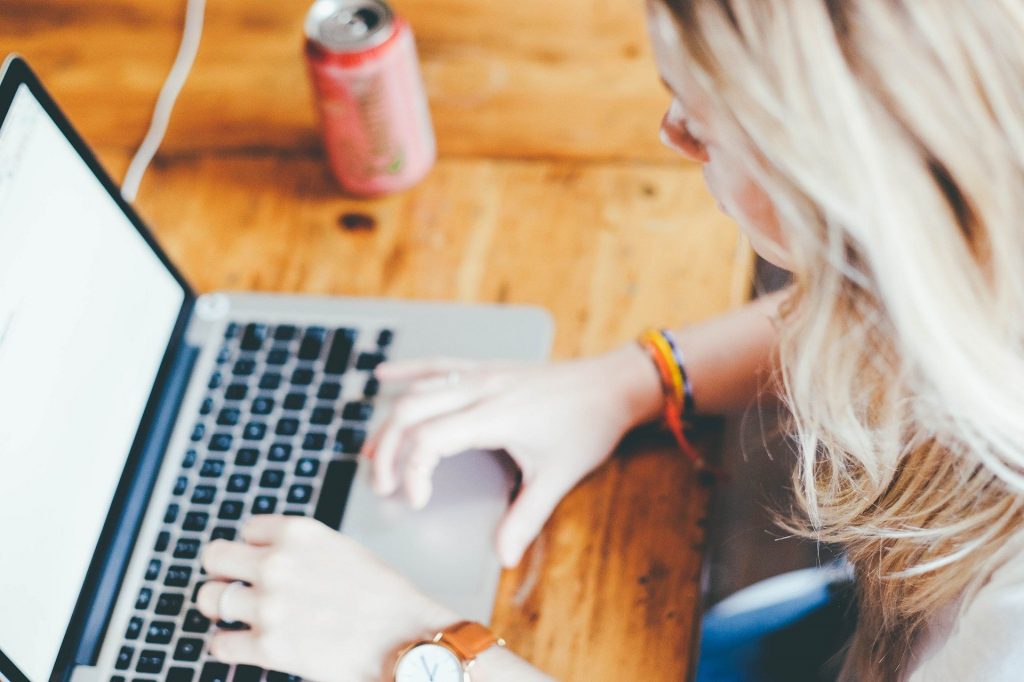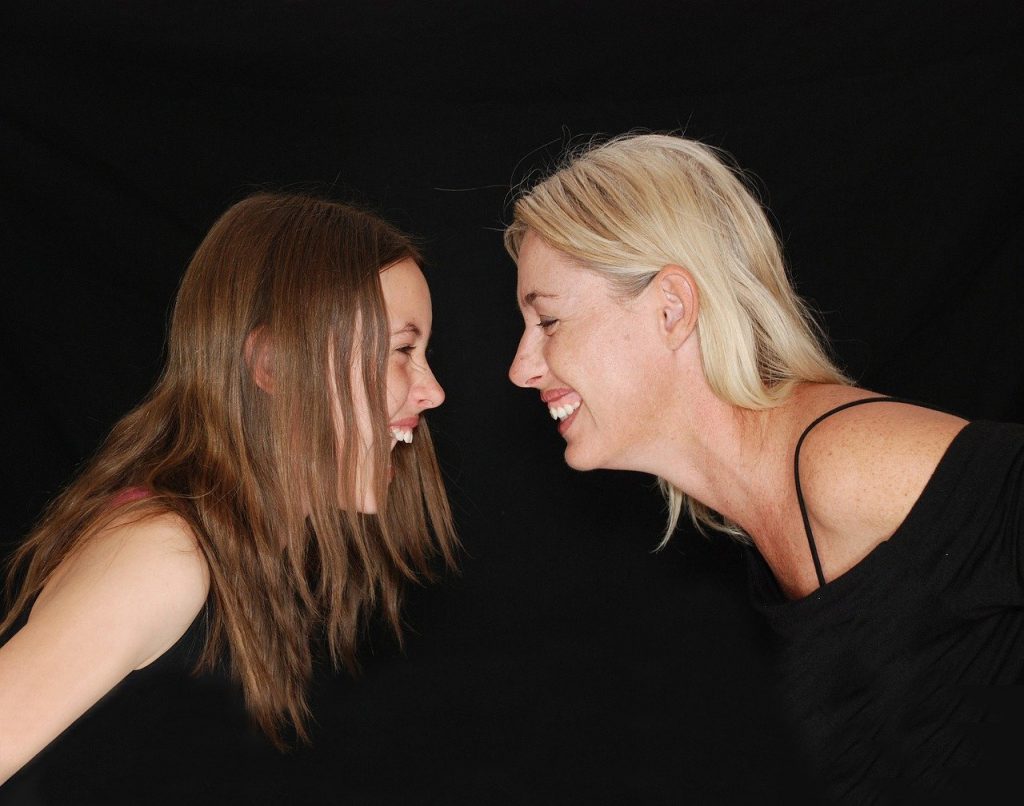Sometimes a parent mails me with a query about their anxious child.
Last week I received such a query. Her particular issue is such a common one at the moment (ungrateful nod to COVID!) that I asked permission to publish both her question and my response. There can be so much isolation, pressure and even shame around parenting that it can come as an enormous relief to find that another parent shares your experiences!
And of course these difficult feelings are exacerbated hugely in lockdown.

So I was thrilled when, in the hope of helping others, she said yes. How generous! 🙂
Hey Sally,I got your number from my GP. I contacted her Monday about my 11 year old daughter Aoife (12 in May)
While watching Fair City recently there was an episode where an intruder broke into a house during the day and stole items /messed up the house.
Ever since, Aoife has become increasingly nervous about someone breaking into our house.
She doesn’t want to be upstairs alone, she’s worried about the usual normal noises in the house like heating coming on etc.
She has been waking up really scared during the night.I’ve been reassuring her, I slept in with her on 2 occasions because we both needed the sleep. My GP suggested pulling back some support in order to empower her, and she is improving but still very worried. I”m not sure which is the right course of action – to ’empower’ her? Or to soothe her…I would like some more advice on how best to deal with it please.
Not sure how you are working with COVID but I look forward to hearing from you none the less.
Kind regards
Sarah
I felt there was a conflict between what Sarah believed was the right thing to do for her child, and the well-intended advice she was receiving. This is so often the case.
Have you as a parent felt that conflict between advice and instinct?

It does seem that a generation of parents is learning to not trust their own gut – to not see themselves as the experts when it comes to their own children.
Indeed, I look back over the last 25 years and hope that I didn’t create or add to this very conflict for parents myself – albeit unwittingly… There have never been so many parenting courses, videos, books, sites – I used write for them myself! And I saw how my own headlines were changed for dramatic effect. It was uncomfortable…
And I witness, often, how the ultimate effect of this bombardment can be disempowerment. This wasn’t the intent of course, no. But sadly it seems to be happening more often… or perhaps I’m more attuned to it now that I’ve started doing online parenting groups?
Either way, this feels like a growing trend, a “thing” we shouldn’t ignore.
The “Answer”
We get to the “solution” of most parenting problems when we don’t pathologise the child’s (or teens’s) behaviour. Instead, we can view behaviour as a message, a request for contact, an effort the child is making to communicate a need. By empathising with the child, collaborating with them to find a soothing solution, and steady ourselves with the private knowledge that most things with trainee humans can be viewed as ‘phase-like’ in nature.

Here’s my response:
Good afternoon Sarah,
Thank you for your email. I’ll start by letting you know that I am full and cannot see your daughter right now, I’m sorry. However, I can recommend a colleague whose work I am very familiar with – she may have a space if that’s what you are looking for.
But, your daughter may not need to see someone.We are seeing a lot of fears like this appearing (or reappearing) in children of all ages at the moment. They are like little sponges absorbing the fear of the adult world around them. It’s difficult for a child to feel safe when in truth, none of us really do. If that’s exacerbated by fiction on TV or in games then it can sometimes serve to reinforce the feeling of lack-of-safety.
Also, she is just the right age, unfortunately, to “play” with fiction in her head and apply to it potentially real life situations. The line is getting blurred for her as she matures and realises that fictional things can and do actually happen in reality. She can think in a more concrete way now than ever before , but she still has the vivid imagination of a younger child.
I’d feel OK about sleeping with her occasionally for reassurance – for both of you – if it’s helpful. Soothing kids that age is under-rated in my opinion, especially now, and can serve to allay fears and quickly restore a felt sense of safety.
It might be helpful as you snuggle down to draw her attention to noises and tell her what they are – as a type of narrative, without using worry words.
Something like – “Oh – I can hear the pipes contracting as they’re cooling down can you?” In this way you will teach her to search for rational explanations for noise without dismissing the fact that she can hear them. You are teaching her to be evidence based in her thinking, if that makes sense. You are already reassuring her of her safety no doubt. I encourage you to continuously narrate her (and your) safety even if she’s not expressing fear.
Also, it might be worth monitoring her access to social media and media in general – all of which is fear-based at present. As adults we process that differently, but also, at present, we are processing too much of it.
I do wonder if there’s been any trauma or loss on the family or close friend circle in the past year? Often these responses tell of a delayed reaction to loss. It might be worth investigating among her friends’ parents if nothing comes immediately to mind.But the reality is that we are in a collectively traumatising experience right now. And that’s enough to set little minds off on worry spirals.
It’s enough for us grown-ups too.
In the meantime, if you decide you’d like her to see someone , or you’d like a parent consultation yourself, maybe check with that therapist.
Warm wishes and good luck,
Sally
What Happened Next?
As I sat to write this piece I realised that because she or her daughter aren’t clients, I didn’t actually know how it turned out! So I reached out this morning to ask her. And here is part of her response:
Things have improved with Aoife. She is still quite anxious at night but the sheer terror is gone and she is coping a lot better.
Your advice certainly helped me to trust my gut. I was happy to sleep in with her when she needed me to, and it was great to hear that you felt that is ok. I also chatted with friends who agreed that this is just a phase and she won’t want me anywhere near her room in 6 months to a year. I was still worried that it would escalate.
As you said I was doing plenty reassuring that she was safe and we were here with her minding her, but following your email I wasn’t afraid to agree with her that yes it is possible that somebody could break in to our house. She is growing up and realising that bad things happen, as you said.
So I tried to reason it out like we would with a maths probability question and it seemed to help. Yes it could happen, but look at all the measures we have in place to prevent it, we close all the windows, lock the doors, we live in a lovely place, where, in 20 years no one has been broken into, we have neighbours all around us and we have an alarm. I compared it to us crossing the road, yes we could get knocked down BUT we cross at the lights, wait for the green man, and still check that the cars have stopped before we cross.
Being back in school for the last two weeks has definitely made a positive difference. Long may that continue!
So there’s one example of how to work with your child’s anxiety – and your anxiety about their anxiety. For me the best outcome here was Sarah learning to trust herself. My guess is that things will continue to improve – and of course there’ll be future stresses and problems. All to be expected!
My hope is that next time, Sarah will be able to remind herself that all is normal and she has a good instinct worth listening to. She loves her child, and probably knows well what’s best. That doesn’t mean don’t ever seek support – we all need and deserve support! But rather feel OK about trusting yourself more, and notice when that works.
Further reading: An age by age guide to fears
ps: As always – I’m not proposing that my answer is THE answer. So see what you think and feel free to tell me if you think or feel differently!
pps: I’ve changed a few details to protect identity.
